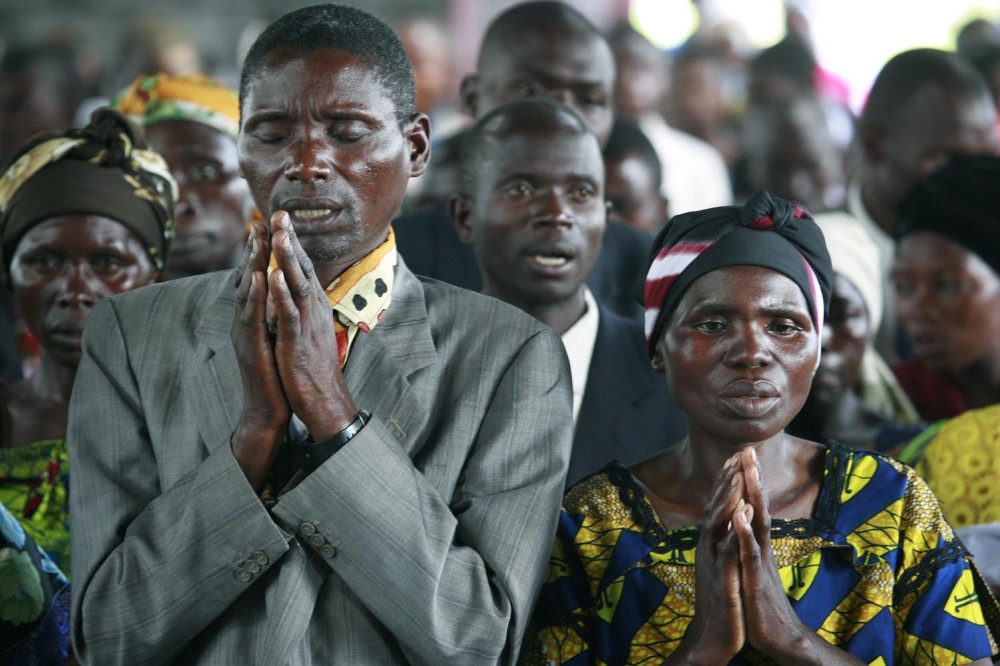The moral authority of Congolese churches
Amid a chaotic political situation in the DRC, churches are fighting for human rights.

Through the years, Western media have sporadically covered the affairs of the Democratic Republic of the Congo (DRC), usually in a near-apocalyptic context of war, tyranny, disease, and disaster. American Christians are largely unaware that this country is home to one of the world’s largest populations of both Catholics and Protestants and that these numbers are increasingly mightily. Those emerging churches are being forged in harsh conditions of persecution, and of heroic resistance.
That numerical growth is largely a product of demography—the fact of having one of the world’s youngest and most fertile populations. A country that had just 12 million people in 1950 has 85 million today, and that number could approach 200 million by 2050. The population surge has occurred despite huge losses to AIDS and perhaps 5 million deaths in the horrific wars that raged between 1996 and 2003. Assuming the present distribution of religious loyalties remains true, by 2050 the country will have 100 million Roman Catholics and 60 million or so other Christians.
The DRC is one of the most poorly governed nations on the planet. Joseph Mobutu Sese Seko ruled the country in totalitarian fashion from 1965 to 1997, using his office as a mechanism to amass private wealth running into billions of dollars. He was briefly succeeded by Marxist revolutionary Laurent Kabila, who was assassinated in 2001. Kabila was in turn followed by his son Joseph Kabila, who ruled through 2018.





